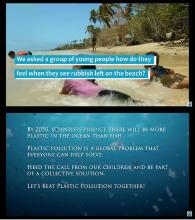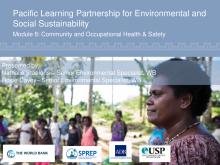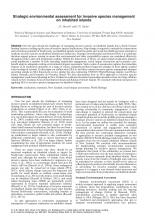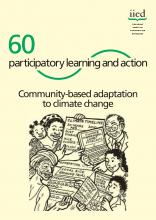Climate change and community resilience in Samoa

Climate Change Resilience
Available Online
Binns, Tony
,
Latai‐Niusulu, Anita
,
Nel, Etienne
2019
Being resilent in the face of climate change seems especially important for island societies, which face the effects of rising temperatures, unpredictable rainfall, changing wind patterns and sea level rise. To date, most studies of adaptation and resilience among Pacific island communities have used indicators and methods rooted in Western science and neo-classical economics. These have been criticized as being locally irrelevant and inadequate to appreciate the dynamic nature and social structures of island communities and their capacity to adapt. This paper challenges the paradigm that defines resilience as a return to equilibrium, by using a non-equilibrium, cultural ecological lens. The non-equilibrium view of resilience sees the social systems of island nations as highly dynamic and undergoing persistent adaptation in the face of changing environmental factors. Field-based research undertaken in eight villages in Samoa found that , through constant exposure to environmental change over extended periods of time, communities have become resilient and are in a position to adapt to future changes. In developing future policy in relation to climate change, Pacific island government need to develop a more nuanced understanding of islanders' perceptions and historical actions in the context of both their physical locations and their dynamic socio-cultural systems







